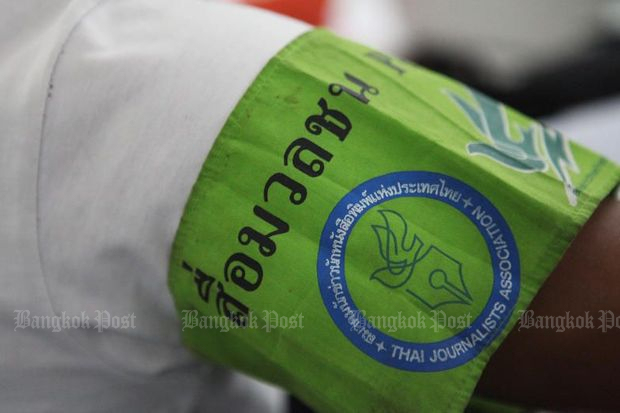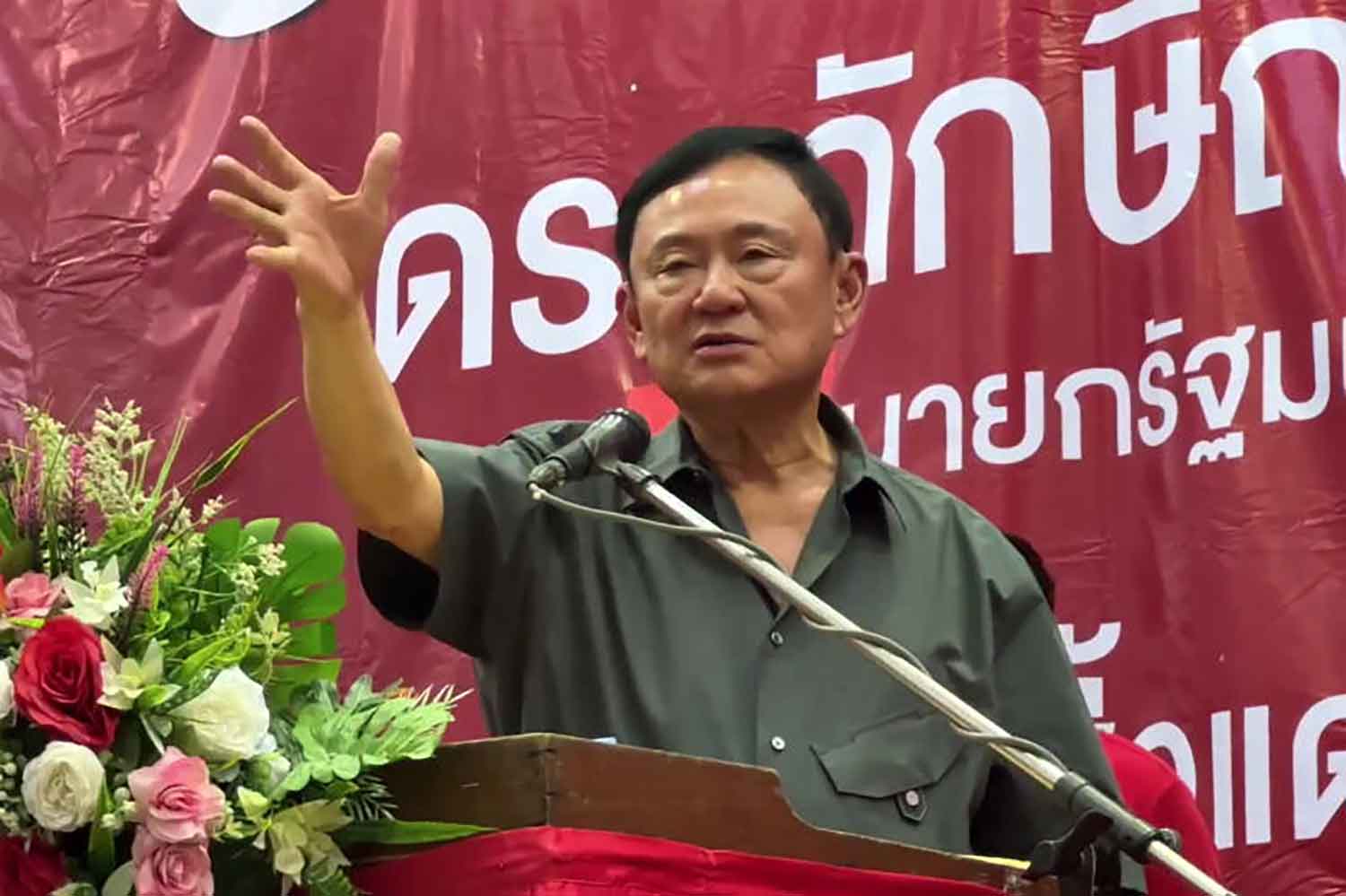
Reporters will be required to have a licence to do their jobs or face a jail term up to two years or a fine not more than 60,000 baht, or both, according to the latest version of the media reform bill to be proposed by a reform panel.
Pol Maj Gen Pisit Pao-in, deputy chairman of the mass media panel at the National Reform Steering Assembly (NRSA), said on Wednesday his committee would submit the revised bill on the protection of rights and freedom and promotion of ethics and professional standards of mass media to the NRSA for consideration on May 8-9.
He said his panel had added penalties to the bill. A journalist who fails to acquire alicence within the defined period will face a jail term up to two years or a fine not more than 60,000 baht. His company, agency or organisation will also face the same penalty to prevent cases where a reporter who is fired from one place goes to work for another.
"We don't intend to punish anyone but we're concerned about enforcement. What if someone refuses to apply for the licence? We then looked into similar laws.
"We found providing a traditional massage service without a licence is punishable by two years in jail even though the impacts the media have is much more extensive," he said.
He added licensing shouldn't be a problem with old media --- newspapers, radio and TV -- but it won't be easy with new media.
"We define reporters as those who have the intention and continuity in reporting news to the public and earn direct or indirect revenue from doing so. The National Mass Media Professional Council will draft the details," he said, referring to the yet-to-be-set-up council, another contentious element of the bill.
"If they meet these criteria, they will be regarded as media. These include websites such as Sanook.com, Kapook.com or news apps on Line platform," he said.
Asked whether the NRSA would revise the bill in the wake of strong opposition by the media, Mr Pisit said this was not news to him.
"We know the 30 mass media organisations are against it. They are against the bill. They are against licensing. [This is their stand] even though the constitution guarantees them freedom. The bill is just an ethical framework. Details will be filled in by media and representatives from the government and the people."
Another change to the bill made by the panel is how the new council should be financed.
"Originally, it was proposed sin taxes be used. But many are concerned such a move might breach the constitution so we changed the source to the NBTC [National Broadcasting and Telecommunications Commission] in the two years of preparations and the first five years. We should be able to figure out where the money should come from by then."


